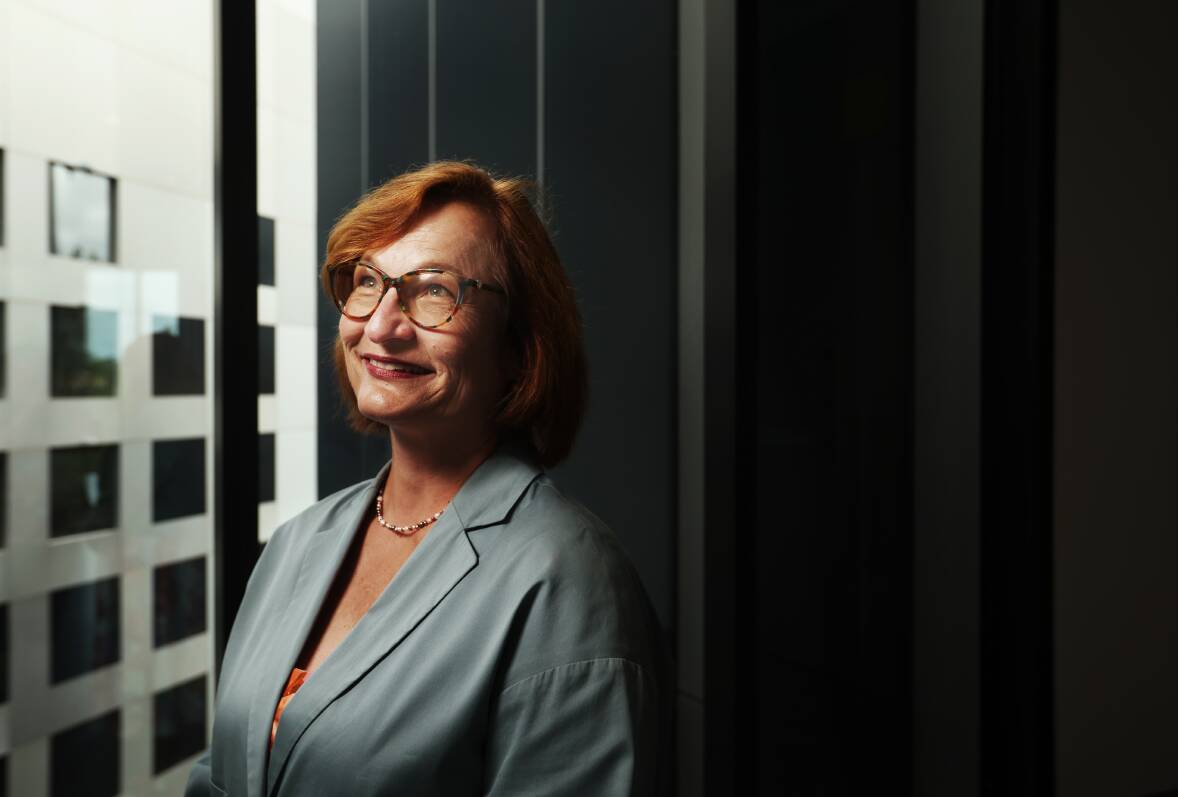
A Newcastle researcher has been awarded more than $1.1 million for a project aimed at stopping progression of multiple sclerosis.
About 1500 people in the Hunter Region live with the disease, which involves the immune system mistakenly attacking the brain and spinal cord.
Professor Jeannette Lechner-Scott, of Hunter Medical Research Institute, said the disease's prevalence had steadily increased since the 1960s.
Professor Lechner-Scott said this may be linked to women having babies later in life.
Research has also found that smoking and low vitamin D levels increase the risk for MS.
Infection with the Epstein-Barr virus, which causes glandular fever, may also cause MS.
Professor Lechner-Scott received the grant from the International Progressive MS Alliance for a three-year research project.
It was announced with five other projects across the world aimed at halting MS progression.
The alliance sought to address the "urgent need for new, effective treatments for people living with MS".
Professor Lechner-Scott is a conjoint professor at University of Newcastle and senior staff specialist in the neurology department at John Hunter Hospital.
She runs an MS clinic in Newcastle that is among the largest in the country.
Her research in the past few years, also funded through the alliance, found epigenetic patterns that predict worse outcomes in MS for women.
The new research project will seek to confirm these results in men.
Epigenetics refers to factors that turn genes on and off.
Genes account for about 30 per cent of the risk of MS, but environmental and lifestyle factors are major factors in the disease.
"We need to find what changes the genes," Professor Lechner-Scott said.
"We know more than 250 genes that predispose people to MS."
If her earlier research findings can be confirmed in men, disordered pathways in the body that cause MS can be pinpointed and addressed with new medication.
Despite advances in treatment of MS, there is no cure.
"We can treat MS early on quite successfully with immune-suppressant therapy," Professor Lechner-Scott said.
"But some patients still progress significantly and accumulate disability, especially if they have primary progressive MS."
She added that MS relapses could also be treated "quite successfully".
"Most patients have only one relapse every 10 years, if they are on appropriate treatment," she said.
More than 33,000 Australians and 3 million people worldwide live with the disease.
It can affect people at any stage of life.
Three out of four people diagnosed in Australia are women. The average age of diagnosis is 20 to 40.
People living with MS can have a relatively good life, but in severe cases those affected require a wheelchair and can lose the ability to think and communicate.
Dr Ruth Ann Marrie, vice chair of the alliance's scientific steering committee, said research was needed to develop effective therapies.
Dr Marrie said the research funds were "an important investment in making daily life better for people with progressive MS".
Marie Vaillant, also of the scientific committee, lives with progressive MS.
"Often the hardest part of living with MS are the things that people don't see," she said.
"The debilitating fatigue that overwhelms you or the cognitive impairment where you can't remember the question that your husband just asked you.
"Having answers to these challenges would be a game-changer in improving the lives of people with MS."






